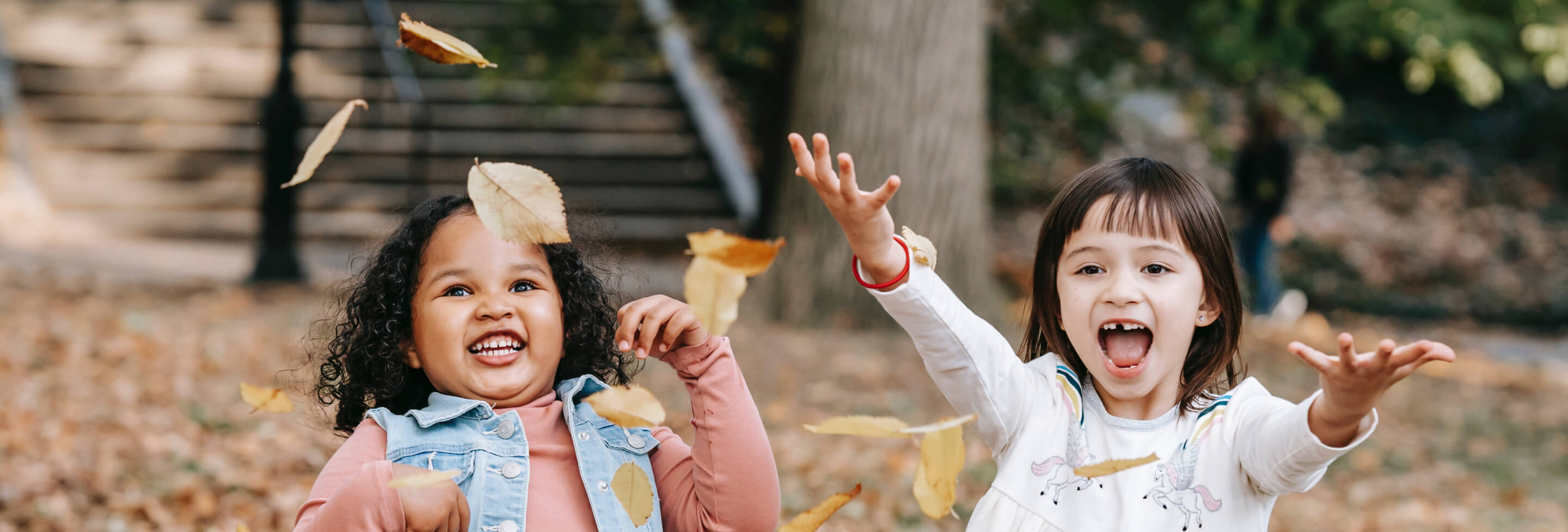Crossing the Grief Bridge: Supporting Siblings Coping with Loss
Sibling loss can have a significant impact on children. Children may struggle to understand why their sibling has died, and they may feel responsible or blame themselves for what happened. The loss of a sibling can also affect a child’s sense of identity and place within their family. They may feel like they have lost a part of themselves and struggle to navigate their new role in the family dynamic. This experiential workshop will allow attendees to learn a new therapeutic activity that can be used for siblings individually or within a group. Through the metaphor of crossing over a wooden bridge with planks representing struggles and hopes, attendees will have a deeper understanding of their grief journey. After self-reflection and discussion, attendees can facilitate this therapeutic activity with a diverse population coping with grief and loss.
Materials needed for this webinar include:
- Preferably different-colored popsicle sticks. If those aren’t available, regular popsicle sticks with several different colored markers will work as well.
- A hot glue gun or craft glue.
- A large piece of cardstock or cardboard.
- A small paper bowl.
This playback is available to active NACG members only.
Members must be logged into the member portal to access the playback. Not currently a member? Become a NACG member today! Your membership will provide access to free monthly webinars with CEs on current topics to support you in your work, discounts on educational events, access to all webinar playbacks, and more. To learn more and become a member to access this webinar for no additional cost, visit HERE →
Continuing Education (CE) credits are not available for webinar playbacks.
Target Audience: Counselors, Social workers, Bereavement support professionals
Instructional Level: Basic – This best describes a topic or issue that the prospective audience is encountering for the first time in a meaningful way
Format: Live Interactive Webinar
Objectives:
After attending this webinar, participants will be able to:
- Identify grief reactions in children coping with sibling loss.
- Demonstrate self-reflection skills to deepen the learning process.
- Create a therapeutic activity allowing children to process, explore, and express grief.
Speaker Bios:
Shani Thornton, MS, CCLS, has been a Certified Child Life Specialist for 17 years. She started her career in a pediatric inpatient rehabilitation setting, transitioned to the community, and launched a private practice in the Sacramento region of Northern California. Shani supports families coping with life’s challenges of illness, trauma, loss, and transitions. Using therapeutic play, creative arts, education, and empathy, she helps children process these challenges and create a coping plan to support their needs. She offers in-home visits, phone/virtual consultations, caregiver workshops, and support to community programs, hospice agencies, and schools. Shani’s expertise has been working with families coping with a terminal diagnosis, end-of-life support, and grief. She recently co-authored a chapter on private practice in The Role of Child Life Specialists in Community Settings. She has been a chair member of the Association of Child Life Professionals and the California Association of Play Therapy and volunteers as a burn camp leader for the Firefighters Burn Institute. Shani is a sought-after presenter for many local, regional, and national conferences and reaches many followers through her insightful blogs and publications.
Supported by the philanthropic investment
of the New York Life Foundation.

